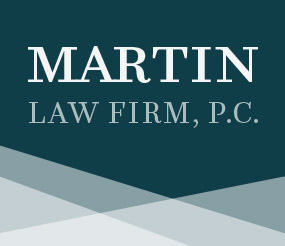In late 2018, Pennsylvania enacted the Collaborative Law Act. The collaborative law process provides Pennsylvania divorcing couples and other family members with a voluntary procedure to resolve claims and disputes without intervention from the courts. The collaborative law concerns the following matters:
- Marriage, divorce and annulment
- Equitable distribution of marital property
- Child custody
- Child support
- Alimony, alimony pendente lite, and spousal support
- Adoption
- Termination of parental rights
- Other related issues
To begin, the parties must sign a collaborative law participation agreement which is a written agreement that states the parties’ intention to resolve the dispute through the collaborative law process. The parties will identify the attorneys who are representing each party and a statement that the representation of each attorney is limited to the collaborative law process. The attorneys cannot be involved in any matters outside this process.
After the parties sign the collaborative law participation agreement, the parties, with the assistance of their attorneys, will then work together to resolve the matter. This process includes identifying the issues, talking about the issues openly, and providing the other party with informal disclosure of information related to the matter. Communications are to be kept confidential and are generally deemed privileged. As such, the communications during the collaborative law process are not admissible as evidence in an action or proceeding. This helps to facilitate open discussion between the parties since those discussions cannot be used against a party later. The statute allows for a waiver of a privilege and defines privilege applicability and exceptions. A collaborative law attorney should be mindful of the privilege waivers and exceptions and these should be communicated to the client from the outset.
When the parties reach an amicable resolution of the matter to which the collaborative law agreement applies, the attorneys will prepare an appropriate agreement to memorialize the terms of the resolution. For example, when child custody is at issue, the attorneys will prepare a child custody agreement that will establish the particulars of the custody arrangement agreed to by the parties.
Parties can terminate the process at any time, with or without cause. If the parties cannot reach an amicable resolution through the collaborative law process, then the attorneys must recuse themselves from the matter. The option available to the parties at that point is to hire new attorneys and bring their matter into the court system, which will obviously create delays and increase the costs to both parties. As such, it is important to carefully consider the options before engaging in the collaborative law process.
The collaborative law process is ideal in circumstances where both parties have an interest in resolving their issues in an informal, expedient, and cost-effective manner. In situations where the parties are non-communicative or when their views on a matter are so diverse that an amicable resolution is untenable, then the parties should proceed through the usual court process. Experienced family law and divorce attorneys should communicate the pros and cons of this process to their clients from the beginning so that the clients can make the right choice.
Contact an Experienced PA Family Law Attorney Today
To learn more about Pennsylvania family (or divorce) law, or the next steps to take, contact The Martin Law Firm at (215) 646-3980 to schedule a consultation with an experienced attorney who can provide initial guidance and information.
